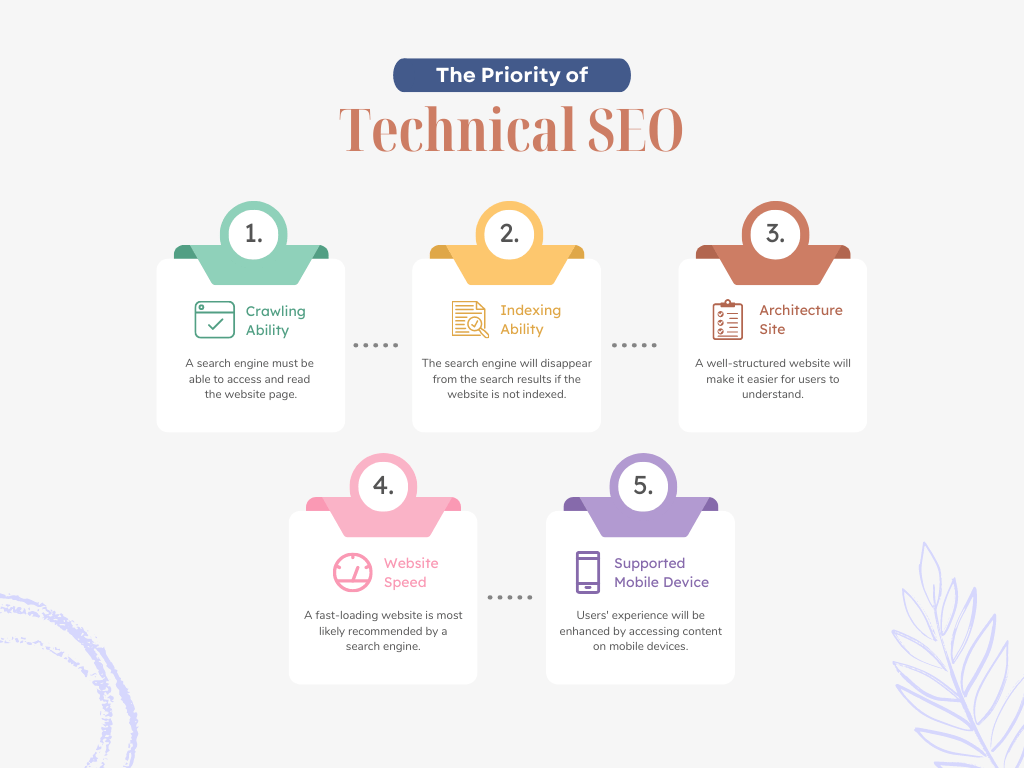The Complete Guide to SEO for Family Law [2022]
If you’re looking to gain clients and spread the word about your law firm, it’s important to have an understanding of SEO basics and best practices.
Whether you choose to create an SEO strategy yourself or work with an experienced digital marketing agency to help you, learning a bit about SEO can make a big difference in your overall digital presence.
See How Further Insights Can Grow Your Law Practice.
What is SEO (Search Engine Optimization)?
Before we can discuss SEO for family law, it’s important to define SEO in general. According to Moz, SEO can be defined as “a set of practices designed to improve the appearance and positioning of web pages in organic search results”.
Essentially, Search Engine Optimization practices are intended to help you bring in more web traffic organically, as opposed to having to budget for paid ad opportunities.
When a search engine like Google gets a query from a user, the search engine will scour its catalog and use algorithms to find the most accurate results that pertain to the search topic at hand. S
earch engines use all the information they can find, such as specific keywords on a website, relevant links to and from a site, news articles, business listings, and more. The better a website’s SEO, the more likely that website is to show up at the top of search results for a specific query or topic.
There are several aspects of SEO that are relevant no matter what industry or niche your business is in. To achieve high SEO rankings, you’ll want to make sure your site is accessible to Google.
This way, the search engine can properly catalog your website and recommend it to the right audiences. It’s also important to create content that is both intriguing and trustworthy to your readers, proving to both users and search engines that your website is worthy of being listed among the top search results.
Technical SEO
You may already be familiar with the concept of SEO keywords or creating content (such as blog posts or social media content) that’s optimized for search engines.
But SEO goes far beyond the written portions of your website. Other aspects of SEO, collectively referred to as “technical SEO,” are equally as important.
Remember that SEO as a whole is focused on the appearance and positioning of your webpage, as outlined in the Moz definition we presented earlier.
Much of the appearance of your website has nothing to do with the written content. Instead, this portion involves making sure that your site is not only appealing to users but is also easy for search engines to understand.
Typically, improving your technical SEO starts with an audit. If you’re working with an SEO agency or digital marketing agency, your provider will check for things like proper indexing of your webpages, ensuring that your website is secure for users, looking at mobile accessibility, and the like.
Fixing these technical SEO issues can help improve your rankings without ever writing a word of content.
SEO Content for Family Law
When you do write content, though, there are certain things to keep in mind. SEO for family law is quite a broad topic, and it’s easy to become overwhelmed.
But by identifying the right goals and strategies, you can carve out a place in the industry to prove that your law firm is an authority.
Top of the Sales Funnel
The sales funnel is a concept that starts with strangers and follows their journeys to becoming clients with your firm. In the past, much of marketing was focused on those at the bottom of the funnel or those who were already pretty close to buying.
However, in today’s market, it’s important to focus on marketing toward those at the top of the funnel. Securing a user’s interest early can give you an advantage when that user gets ready to make a purchase decision.
Users who are just getting involved in the world of family law are at the top of the sales funnel. It’s unlikely that these people are going to head to Google and immediately look for “divorce lawyers near me” or a similar search term.
Instead, they probably have questions about a specific aspect of family law. For instance, these users are more likely to use Google to ask questions like, “How is alimony calculated in Maryland?” or, “How long does an uncontested divorce usually take in Georgia?”
When a user is just diving into the world of family law, it’s probable that they have a specific question that needs to be answered.
If you can answer that question for them with a quick and straightforward piece of content (like a short blog post), then you’ll be able to establish your firm’s credibility and show that you can help with their unique circumstance.
This type of content also allows you to pitch your services to the reader, encouraging them to reach out for a consultation.
What Should Your Content Be About?
When you’re writing content aimed at SEO for family law, it’s important to choose your topics carefully. Simply writing about any topic that comes to mind can be a big waste of your time.
If you don't take the time to properly research and plan, you may find yourself writing about a topic that not many people are interested in. Alternatively, you may be covering a subject that other authorities have already discussed, putting yourself in an inferior position.
One of the most important things to remember when coming up with content topics is ensuring a purchase intent. Some topics are simply too broad, such as “4 Things to Keep in Mind When Filing for Divorce.”
However, by narrowing that topic down to “How to Determine a Custody Agreement in Maryland,” there is a clear focus in your article, meaning that audiences are more likely to click because they know exactly what they’re in for.
You can get inspiration for content topics in a number of ways. You may want to start out by doing some keyword or research and identifying words or phrases that you have a good chance of ranking for, then creating content around these phrases.
Alternatively, you can check out your competitors’ websites and see if there is a topic on which you can provide your own valuable insight. Of course, you can also turn to major platforms like Ahrefs or HubSpot to gain additional training when it comes to brainstorming.
On-Page Optimization
As we discussed earlier, SEO is about so much more than creating a good blog post or using keywords a certain number of times. To rank as highly as possible on search engines, you'll also want to make sure that your website is as easy to understand as possible. That's where on-page optimization comes in.
Essentially, this practice ensures that Google and other search engines can easily understand each page on your website, allowing the algorithm to properly recommend your site to the right viewers.
You already know that you should be integrating keywords into your content itself. But one element that many people miss is optimizing meta titles and descriptions.
When you see a Google search result, you’re given a title as well as a short description of what you’ll find on that page. Ensuring that your target keyword is included in both the title and the description will give you a huge advantage in ranking on the first page of Google results.
Google uses a code called “schema markup” to determine exactly what a given page is about. This code includes all basic details about your business and its various digital presences.
Popular SEO plugins like Yoast SEO and SEOPress often offer a default format for this code, but many law firms can benefit from adding additional types of schema markup, such as including FAQ schema on relevant pages. The more Google can learn about your site in this way, the more likely it is that your site will be recommended to users.
Finally, it’s important to make sure that you’re not skimping when it comes to answering users’ questions. If you’re focusing on topic-specific content as we discussed earlier, you may be tempted to type up a quick, broad answer and move on. While you should keep the bulk of the relevant information “above the fold” (within the first couple of paragraphs of your content), you should also take care to expand upon the topic afterward.
Google favors thorough content instead of thin content, and you can use this to your advantage. When covering a specific query, check out what the top results cover, and take a look at the “People Also Ask” section of Google; these areas can help you identify subtopics that you can expand upon.
Link Building
A major element of SEO, and of obtaining and retaining clients in general, is proving that your business (and the content it puts out) is trustworthy. When your content is relevant and impactful enough that other websites use you as a reference and link back to your page, your trustworthiness increases, and search engines take notice.
This process is referred to as link building, and while it may not be easy, it’s incredibly helpful in reaching your overall SEO goals.
Of course, in order to begin getting links, you have to create content that’s worthy of those links in the first place. Much of the advice we’ve provided throughout this article can help you get there.
It will likely take a while before you begin getting links from websites you haven’t been in contact with before, but every article you write can help to build that foundation.
You can also reach out to other relevant sources in your industry and inquire about guest posting opportunities. By contributing to other websites, you can link back to your website both throughout the content and in your author bio.
This strategy can be a bit time-consuming, but it’s a good way to build relationships, reach new audiences, and, of course, prove your firm as an authority in the world of family law.
Wrapping Up
SEO for family law may seem a bit intimidating at first, but every step you take toward improving your search engine performance matters.
As you get more comfortable optimizing your website and improving your content, you’ll find increased organic traffic coming in, more collaboration opportunities arising, and an improved reputation as a family law expert.
If you are looking to fast-track your site’s SEO, the experts at Further Insights come equipped with the tools and knowledge necessary to get your company ranking on the first page of Google. Click below to receive a complimentary SEO audit and consultation.



